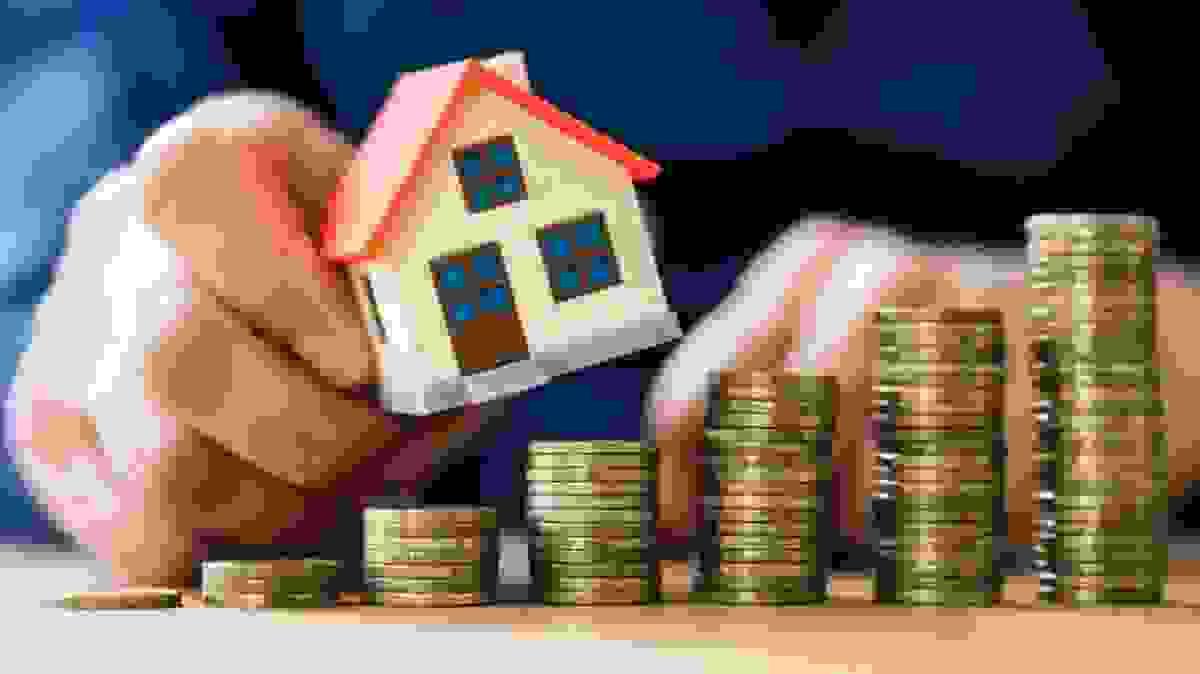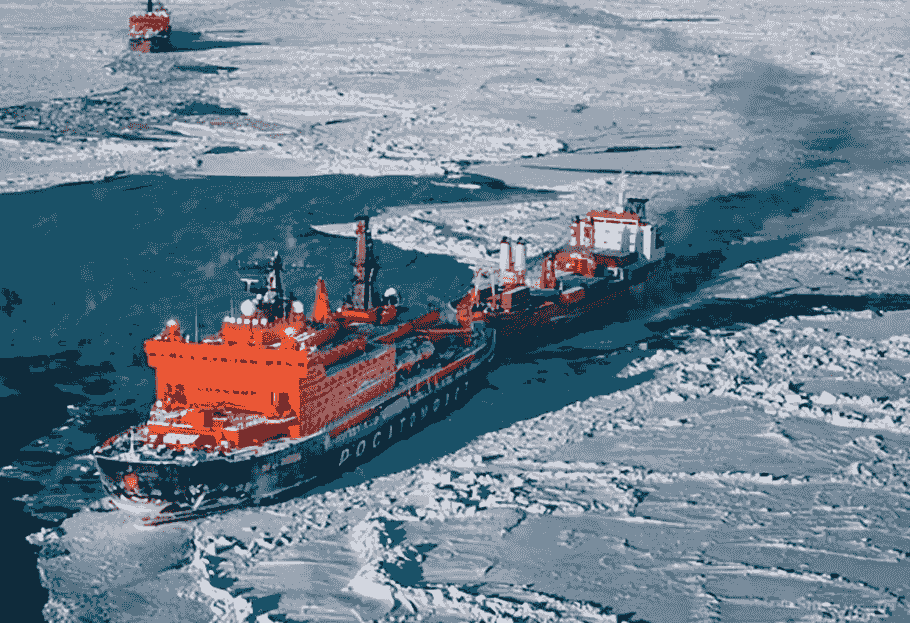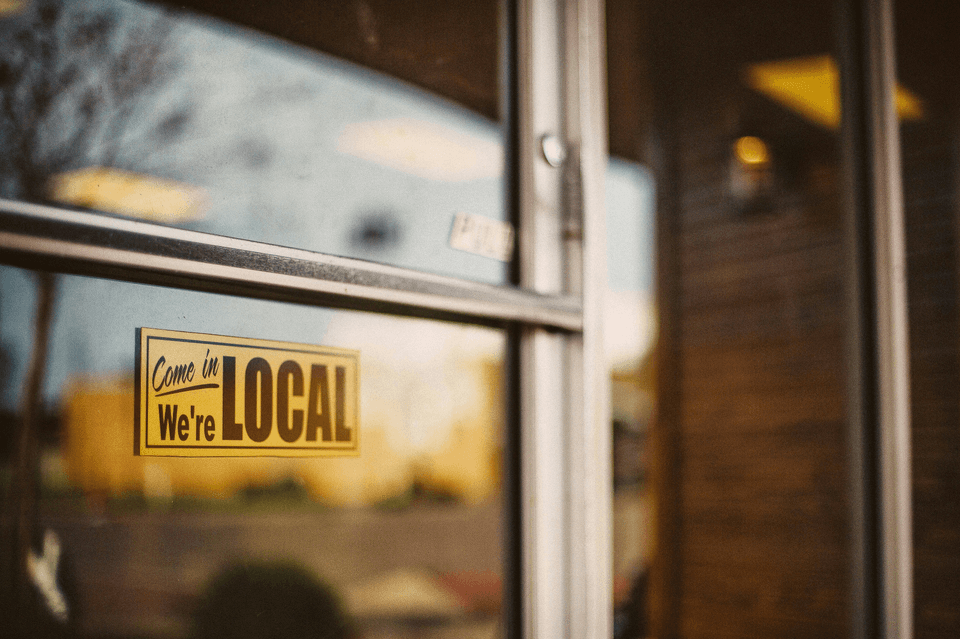
Economic Growth and Revenue: Cultivate What’s Possible
Reducing the burden of property taxes is important, but that alone won't solve our long-term needs. Kodiak needs a smarter approach. Kodiak’s economic strength lies in investing in the people, places, and industries that are already here. From small business owners to fishers, from artists to childcare workers, from harbor crews to remote village entrepreneurs—we thrive when we build from within.
That’s why my economic vision is rooted in a place-based development approach: one that recognizes the unique strengths of Kodiak’s communities, supports local ownership, considers our national and global position, and promotes long-term resilience.
Support for Local Business
- Kodiak’s entrepreneurs and small businesses are vital to our local economy, but too often, they face outdated regulations, confusing government systems, and limited support. As mayor, I will work to modernize our development processes, support small business growth, and make Kodiak a place where local ideas can take root and thrive. Priorities:
- Review and update outdated building codes to better support small-scale commercial development and adaptive reuse of existing buildings.
- Work with borough staff to improve transparency by posting clear, accessible permitting timelines and holding regular Q&A sessions where residents and business owners can ask questions, raise concerns, and get real answers from municipal staff.
- Strengthen local preference in Borough contracting. I will lead efforts to evaluate and improve our local bid preference policy, so Kodiak-based contractors and businesses aren’t routinely underbid by off-island firms. Local dollars should stay in the community whenever possible, without sacrificing transparency or fiscal responsibility.
- Increase involvement with the Chamber of Commerce's "Small Business Collaboration Group", so business owners aren’t left navigating the maze of bureaucracy alone.
- Launch a redevelopment initiative for vacant or underused properties, like North Star Elementary, with incentives for community use and startup ventures. This would include developing overlay zones and flexible use permits for mixed-use or walkable areas.
- Partner with Kodiak College, KANA, Chamber of Commerce, and KEDC to create co-working spaces, incubators, and business mentorship.
- Develop fishing/seafood/ mariculture workforce through targeted training, grants, and other support through the Joint Fisheries Workgroup using disaster relief money.
- Promote sustainable tourism, including guided eco-adventures, cultural and historical tourism, and locally led visitor experiences.
- Support blue economy opportunities like kelp farming through SWAMC, fisheries research at KSMSC, and cold-chain logistics with our maritime stakeholders.
- Support creative industries, from local artists and artisans to food entrepreneurs, and cultural events that share Kodiak’s story with the world.
- Recognize and support Kodiak’s nonprofit sector as a key economic driver. According to the Foraker Group and the National Council of Nonprofits, each $1 invested in Alaska nonprofits generates an estimated $2.20 in economic activity, due to local employment, procurement, and program-based outcomes.

Tax Relief + New Revenue
Kodiak deserves tax policies that protect residents from sudden financial strain without weakening the borough’s ability to fund schools, the landfill, and other infrastructure. The current approach—focused narrowly on mill rate cuts and MAPTR (Maximum Allowable Property Tax Revenue)—has created a patchwork of relief that benefits some but leaves others behind, while threatening long-term fiscal stability.
As mayor, I will work with the Assembly to research and implement smarter, more targeted tax relief tools and pursue new, fair revenue strategies that reflect Kodiak’s unique economic landscape so we can protect our quality of life without overburdening homeowners and renters, or shrinking essential services.
Tax relief priorities include:
- Reassess the local tax cap that limits how much total property tax revenue the Borough can levy each year. While noble in its intent, MAPTR doesn't protect the people who need it most. It caps total revenue, but not individual tax hikes, so those of us, like me, who have seen 10%-20%-30% assessment increases on our homes still pay more. It disproportionately benefits high-value homes, while working homeowners shoulder more of the burden, and renters see no relief at all. If your assessment went up more than average, you’re carrying more of the tax load now—whether that’s fair or not.
- Explore an Assessment Growth Credit system (AGC), which is a cleaner, more precise addition to MAPTR. Also known as "circuit breaker tax credits", AGC is tax credit relief tied to unexpected assessment increases: if your assessed value of your property jumps, for instance, over inflation, then your tax bill could be credited that difference that year, to help you prepare for the following year.
- As school bond debt payments decrease, begin the process of rolling back increases to the local vehicle registration fee.
Revenue priorities:
- As mayor, I will work with local industry leaders, the City of Kodiak, and community stakeholders to explore reasonable, fair infrastructure contribution strategies—especially for non-local or seasonal commercial entities that rely heavily on public resources. This could include waivers for using local contractors.
- Explore revenue from luxury short-term rentals (not family homes) to build housing relief programs.
- Kodiak’s cannabis retailers are local small businesses that contribute to our economy and deserve thoughtful, balanced regulation. As mayor, I will work with local shop owners, consumers, and Borough staff to evaluate our marijuana tax structure and to ensure it continues to support locally owned retailers, encourage local cultivation opportunities, and capture reasonable revenue from off-island supply chains.
- Explore equitable cost-sharing for resource use and infrastructure maintenance. Kodiak welcomes nonresident hunters and fishers, but they also rely on roads, EMS, landfill operations, and Borough lands without contributing directly to their upkeep. I will work with state agencies and local partners to explore fair, conservation-minded ways to ensure that those who benefit from Kodiak’s resources also help maintain them—whether through voluntary contributions, state policy advocacy, or local partnerships.
- Research a conservation and infrastructure trust fund funded through a share of property transfer taxes or real-estate transactions.

Seize the Arctic Opening for Kodiak
as the Southern Gateway to the Arctic
Recent federal projections show vessel traffic through the Bering Strait rising by 100%-500% over the next decade, driven by Arctic shipping, resource exploration, tourism, and research. Which means there's untapped potential if we position Kodiak wisely with infrastructure, workforce training, and strategic partnerships.
My experience and connections with SWAMC (Southwest Alaska Municipal Conference) has given me insights into the infrastructure and planning needed to help Kodiak serve our region. Drawing on that, I will:
- Work with SWAMC, state agencies, and federal partners to position Kodiak as a regional support center:
- With the City of Kodiak, support cold-chain infrastructure to position Kodiak as a business-friendly point for seafood, medical, and research cargo headed through the Arctic
- Pursue shared facilities or staging partnerships with organizations that need Kodiak's location, airport, and housing to support short-term Arctic deployments.
- Work with the City of Kodiak and the Coast Guard to advocate for funding to support critical maritime infrastructure:
- Support reliable VHF communications
- Expand our role in fuel logistics, such as storage and bunkering capacity since as Arctic shipping increases, reliable and safe fueling points south of the ice line may be needed
- Help position Kodiak as a coastal monitoring and stewardship hub, using our scientific capacity, (with UAF) Indigenous knowledge partnerships, and communications and information infrastructure (with KMXT, etc.)
- Support environmental safety systems to ensure that Arctic activity growth does not threaten Kodiak's fisheries or marine habitat, and that local voices have a seat at the table as Arctic policy evolves further.
- Work to ensure Kodiak's economy benefits from the Arctic opening, including workforce training for marine research, cold-chain logistics, and emergency coordination, so that jobs and value stay in our community:
- Support expansion of kelp and shellfish farming tied to Arctic warming trends and changing ocean conditions
- Align training and permitting with SWAMC and state initiatives to ensure mariculture expansion benefits locals
- Integrate these goals into Borough planning, working with education and regional partners to match Arctic opportunity with local capacity and stewardship.
Kodiak can lead in the region, so let's ensure our infrastructre and public services are strategically tied to the broader Arctic economy, without sacrificing our environment and local autonomy.



